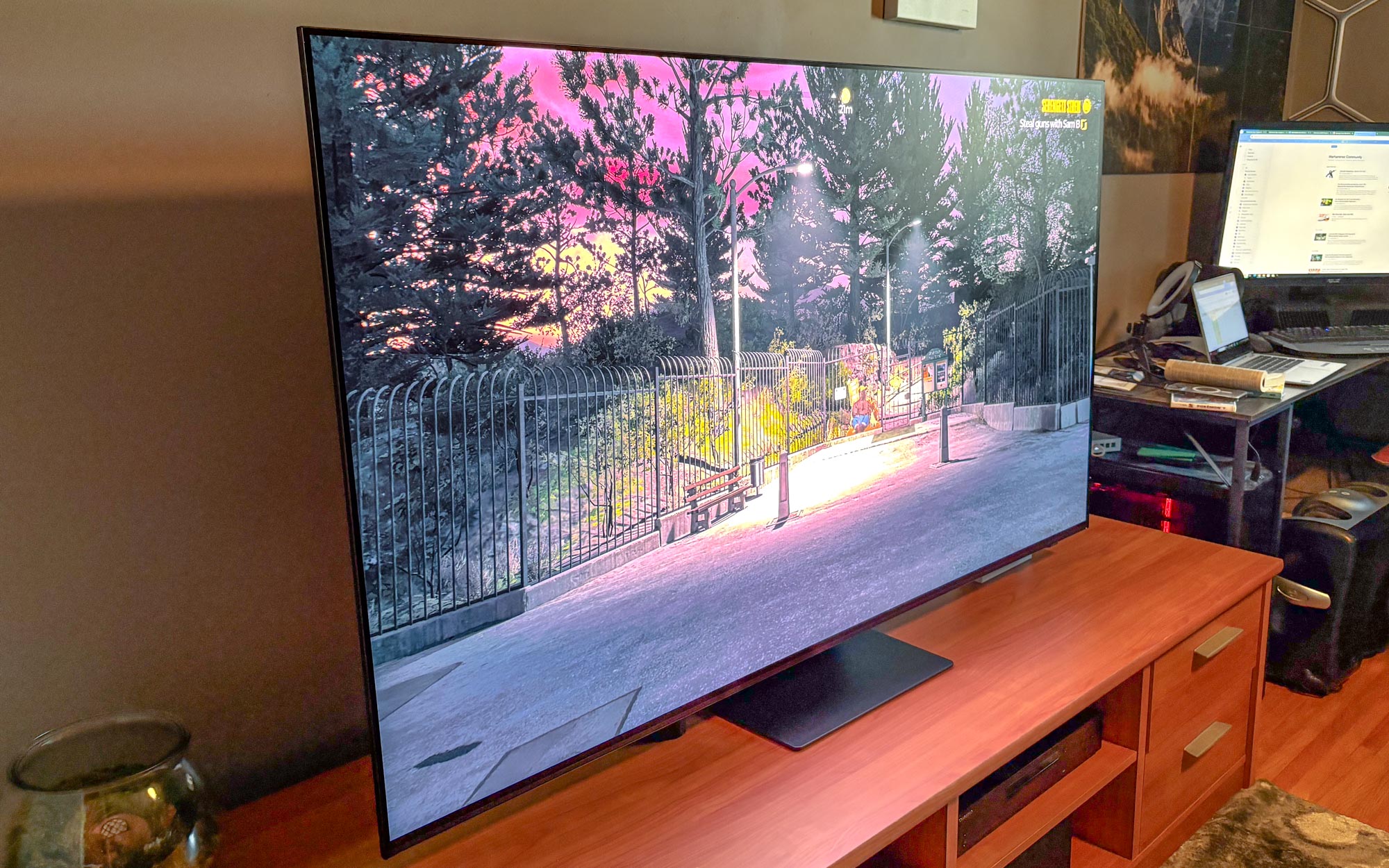
The shelf-life of Samsung TVs is about to get significantly longer — especially if you rely on Samsung's smart platform, Tizen, as your everyday streaming device.
As initially reported by FlatpanelsHD, Samsung has announced that it will begin providing seven years' worth of updates to Tizen OS (the operating system that powers its smart features), starting with 2024 models.
That means, if you bought any screen from the Samsung TV 2024 lineup like, say, the Samsung S95D OLED, you'd receive software updates until the year 2031. At that point, whatever version of Tizen is on the TV would remain on there. You could still use the TV at that point, obviously, it would just no longer have access to the newest features Samsung develops.
Until now, Samsung only rolled out software updates to fix bugs or to provide minor changes. If you wanted a newer, faster, and potentially more-capable version of Tizen, you'd have to buy a new Samsung TV.
One-upping LG
The seven-year promise certainly feels like an ante-upping decision on Samsung's part, as LG recently announced its promise to upgrade webOS, its own software suite, for five years beyond a TV's release. Hisense, Sony, and TCL, on the other hand, have long since offered major updates to their TVs' smart platforms, most of which use either Google TV or Roku OS.
Many people rely on their TV's built-in smart platform to handle all of their daily streaming. Some of them don't want to clog up a valuable HDMI input with a dedicated streaming device, while others appreciate having their most-used streaming apps tucked neatly into the same software suite that handles their TV's settings and inputs. Whatever the case, these TV owners have a higher stake in the sustained usability of their TV's built-in software.
The seven-year promise is assurance that a relatively new Samsung TV — like Samsung's The Frame 2024 — won't prematurely show its age several years down the road when its outdated operating system can no longer keep up with app updates. It's a commitment that benefits all consumers, not just Samsung TV-owners, as it might incentivize more buyer-friendly policies across the industry.

.png?w=600)





